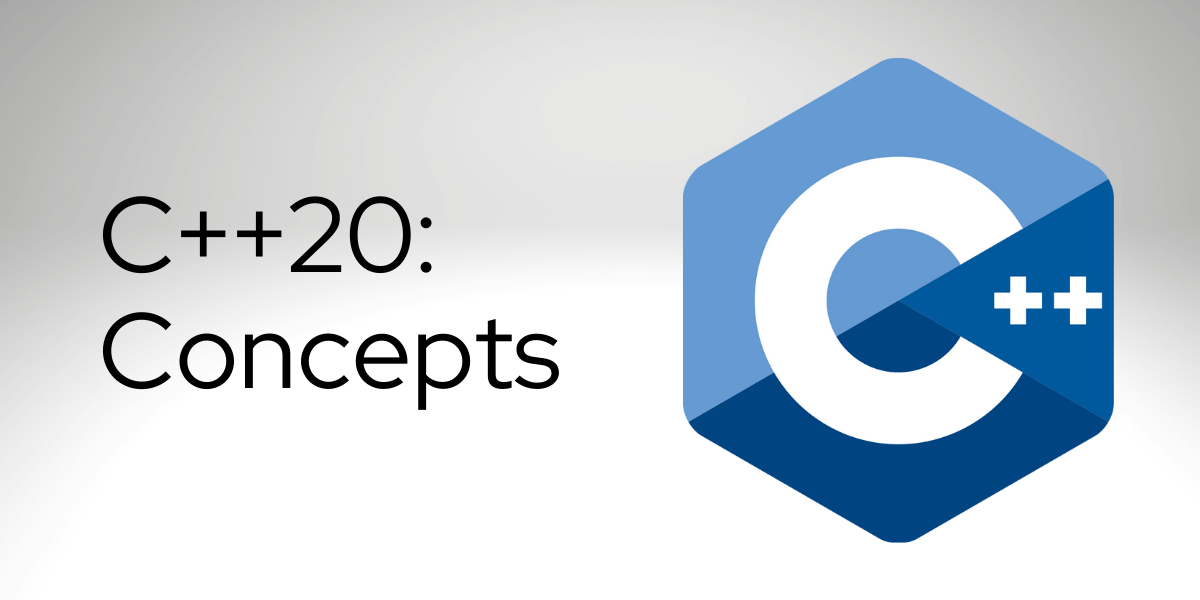Synchronizing Files with C++
In this post, we look at how to monitor a directory (and its subdirectories) so that we will be notified when a change occurs. We can use the Windows API to do this in C++. There are two APIs that can achieve this: FindFirstChangeNotification() ReadDirectoryChangesW() We will use ReadDirectoryChangesW() as this API provides useful information … Read more




